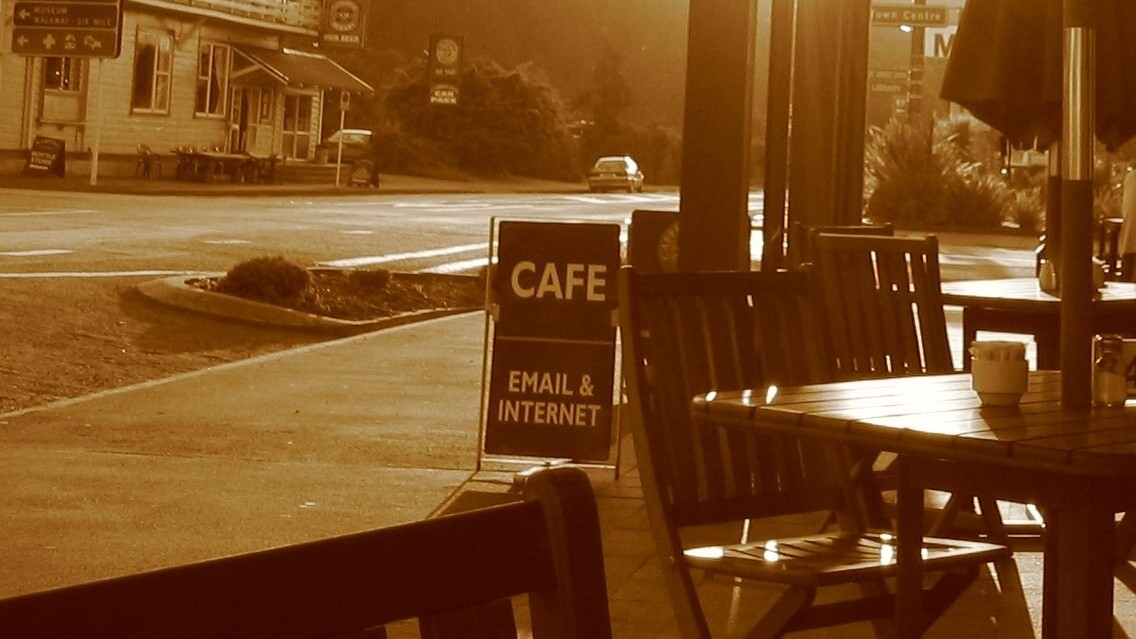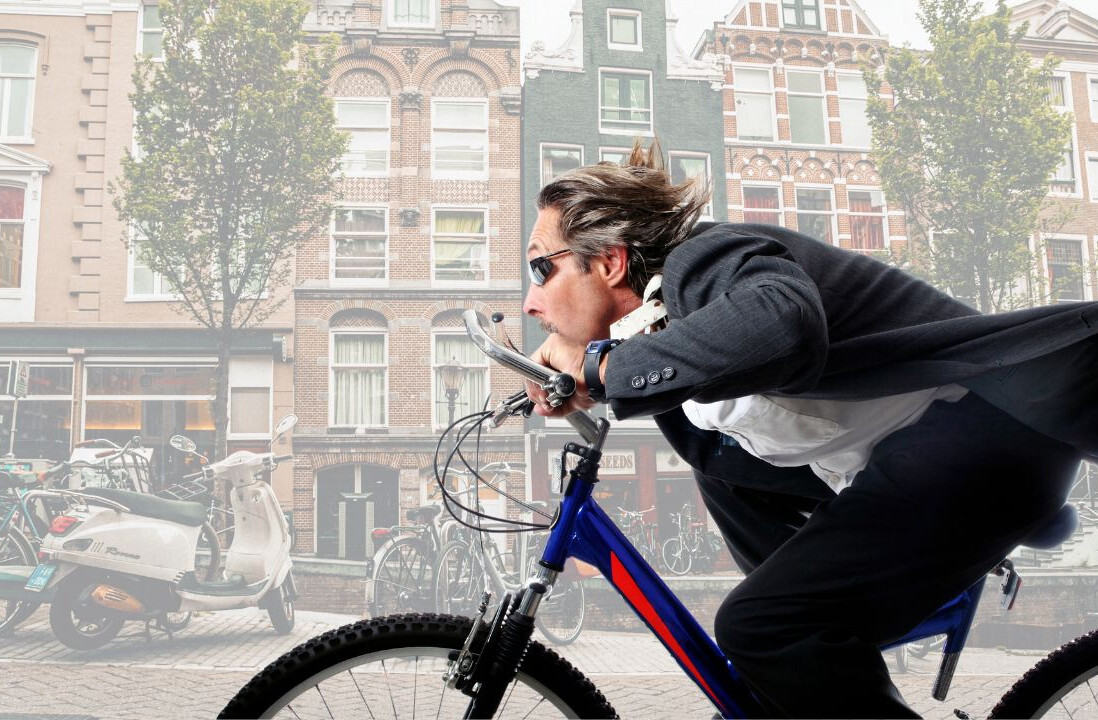
We’ve all been there. Roaming streets and alleyways in search for that familiar ‘WE HAVE WIFI HERE’ logo. We peer inside windows and poke our noses through doors for that one empty table next to a power outlet. And once you find that seat, whatever you do, you don’t give it up without a fight.
It was once the case that Internet cafes were places where you paid to use the Internet, and the ‘cafe’ element was pretty much secondary to the experience. There was no obligation to buy a coffee because, well, you were there to use the Internet. Nowadays, most cafes, bars and other public institutions tempt users in with free WiFi, based on the unspoken rule that you’ll spend money on other things – a sandwich, a freshly-squeezed glass of orange juice, or a simple shot of espresso.
But further etiquette is entwined in this arrangement too. Sure, you probably could sup on a single skinny latte until the cows come home, but for every second you sit there siphoning the free cyber goodness, you’re stopping someone else from sitting down and spending their money. It’s a tough predicament for sure – how can a cafe enforce rules around such behavior without harming customer relations? The answer could be simple: a blanket ban on laptops.

‘No’ means no laptops
As NPR reports, the August First bakery & cafe in Burlington, Vermont, has enforced a laptop-free policy. But given the multi-device world we live in today, it’s gone even further than that to include ‘Screen Free’ – which means tablets too. Smartphones are allowed though. As is “Reading, day-dreaming, and chit-chatting”, you’ll be pleased to know.
The main motive with this move, of course, was to increase sales. “We saw a lot of customers come in, look for a table, not be able to find one and leave,” says owner Jodi Whalen. “It was money flowing out the door for us.”
The move was gradual though – free WiFi was pushed out the door two years ago. But of course, given that portable WiFi hotspots and tethering is now commonplace, that would only solve some of the problems. As such, screens were banned during lunchtime at first, before being phased out altogether a couple of weeks back.
The most interesting facet of this tale is that it has had the desired effect. “A lot of people were disappointed,” she added. “But we actually saw our sales increase.”
Even if you are one of those people who ensures they are buying food and drink as they work, be it breakfast, brunch AND lunch, the issue extends beyond that of pure spending – it’s about taking up table space for hours on end. Potential customers may stop trying if they can never find a seat, while rows of people sitting staring at screens and bashing on keyboards isn’t the most welcome of sights either.
In August First’s case, it seems the motive was multi-pronged. Yes, it was about trying to free up table-space, but it was also to make it more of an appealing place to walk into, one with a community spirit. With increasingly fewer safe-havens from near-ubiquitous connectivity, it’s trying to make it a nicer place to be too.
That all said, enforcing a blanket ban on laptops probably wouldn’t work for many drinking and eating establishments, particularly those in city centers and key business areas. The fact of the matter is, offering customers free WiFi is a massive carrot on a stick, and is often the sole reason someone frequents one particular coffee house over another.
So is there a balance to be had here? Allowing customers to use their laptops, enjoy the free WiFi, but also encourage them to move on after an hour or so? Perhaps the best way of achieving this is to do what others have attempted before – stick a sign on the wall requesting that patrons not abuse the free WiFi by setting up camp in the corner. Whoever can figure out a more effective way of doing this, one that doesn’t involve a blanket ban of laptops and tablets, could be onto a real winner.
Get the TNW newsletter
Get the most important tech news in your inbox each week.





